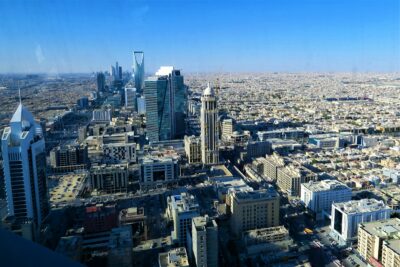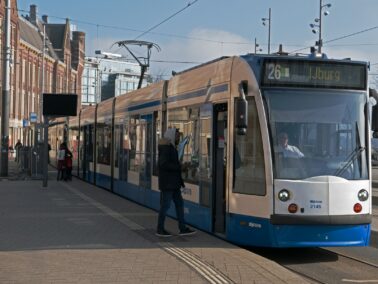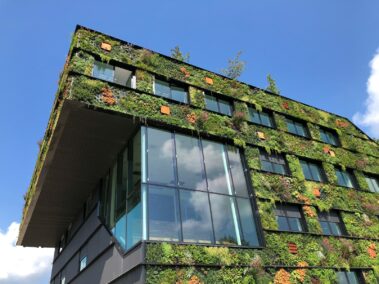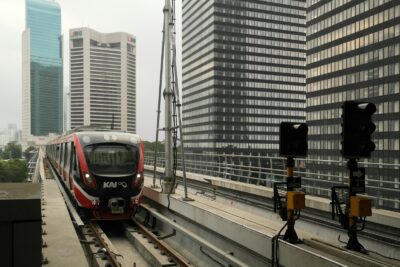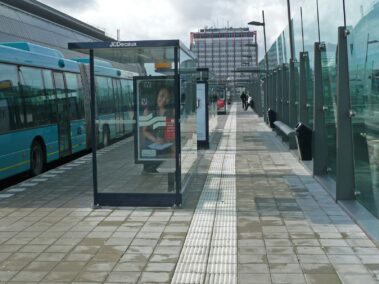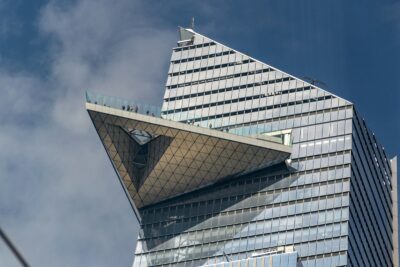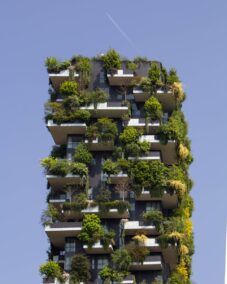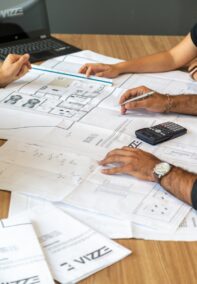The Role of AI in Urban Planning
Artificial Intelligence (AI) is revolutionizing urban planning by providing cities with powerful tools to address sustainability challenges. In Saudi Arabia and the UAE, where rapid urbanization is placing strain on resources and infrastructure, AI is emerging as a key enabler of more efficient and sustainable urban development. Riyadh and Dubai, in particular, are leveraging AI-driven data analytics to gain insights into population dynamics, transportation patterns, and energy consumption. By analyzing vast amounts of data collected from sensors, satellites, and other sources, AI algorithms can identify opportunities to optimize resource allocation, reduce carbon emissions, and enhance the quality of life for residents.
Building Smart Cities for the Future
Smart city initiatives in Saudi Arabia and the UAE are embracing AI as a foundational technology for building more sustainable and resilient urban environments. In Riyadh, ambitious projects such as the King Salman Energy Park (SPARK) are integrating AI into the planning and design process to minimize environmental impact and maximize energy efficiency. Similarly, Dubai’s Smart City Strategy aims to leverage AI and IoT technologies to create connected, intelligent urban spaces that prioritize sustainability and innovation. By harnessing the power of AI, cities in the region are paving the way for more inclusive, livable communities that balance economic growth with environmental stewardship.
Challenges and Opportunities
While AI holds tremendous promise for advancing urban sustainability, its widespread adoption also presents challenges that must be addressed. Concerns around data privacy, algorithm bias, and cybersecurity require careful consideration to ensure that AI-driven urban planning remains ethical and transparent. Moreover, there is a need for greater collaboration between government agencies, technology providers, and local communities to harness the full potential of AI in urban sustainability efforts. By fostering an ecosystem of innovation and knowledge sharing, Saudi Arabia and the UAE can position themselves as global leaders in smart city development, driving positive change for future generations.
AI for Sustainable Urban Planning
AI-driven decision-making processes are becoming increasingly crucial in the realm of sustainable urban planning. By analyzing vast datasets, AI algorithms can identify patterns, trends, and potential areas for improvement in urban infrastructure and resource management. For example, AI can help optimize traffic flow in congested cities, reduce energy consumption in buildings, and even predict and mitigate the impact of natural disasters. In Saudi Arabia and the UAE, where the pace of urbanization is rapid, leveraging AI for sustainable urban planning is not just a luxury but a necessity to ensure the long-term well-being of residents and the environment.
Collaborative Partnerships for Success
Effective implementation of AI in urban sustainability initiatives requires collaboration between government bodies, private sector companies, academic institutions, and local communities. By working together, stakeholders can pool resources, share expertise, and develop innovative solutions to complex challenges. Initiatives such as hackathons, innovation labs, and public-private partnerships play a crucial role in fostering collaboration and driving meaningful progress in sustainable urban development. By harnessing the collective intelligence and creativity of diverse stakeholders, cities can unlock the full potential of AI to create smarter, more sustainable urban environments.
Empowering Communities through AI
One of the key benefits of AI in urban sustainability is its ability to empower communities and enhance citizen engagement. Through data-driven insights and predictive analytics, AI technologies enable residents to actively participate in decision-making processes and shape the future of their cities. In Saudi Arabia and the UAE, initiatives such as smart city apps, citizen feedback platforms, and community co-design workshops are empowering residents to contribute ideas, voice concerns, and collaborate with local authorities to co-create sustainable urban solutions. By fostering a culture of transparency, inclusivity, and participation, AI-driven urban planning initiatives can build trust, foster civic pride, and create cities that truly serve the needs of all citizens.
#UrbanSustainability #AIinUrbanPlanning #SmartCities #SustainableDevelopment #SaudiArabia #UAE #Riyadh #Dubai #Innovation #CommunityEngagement


